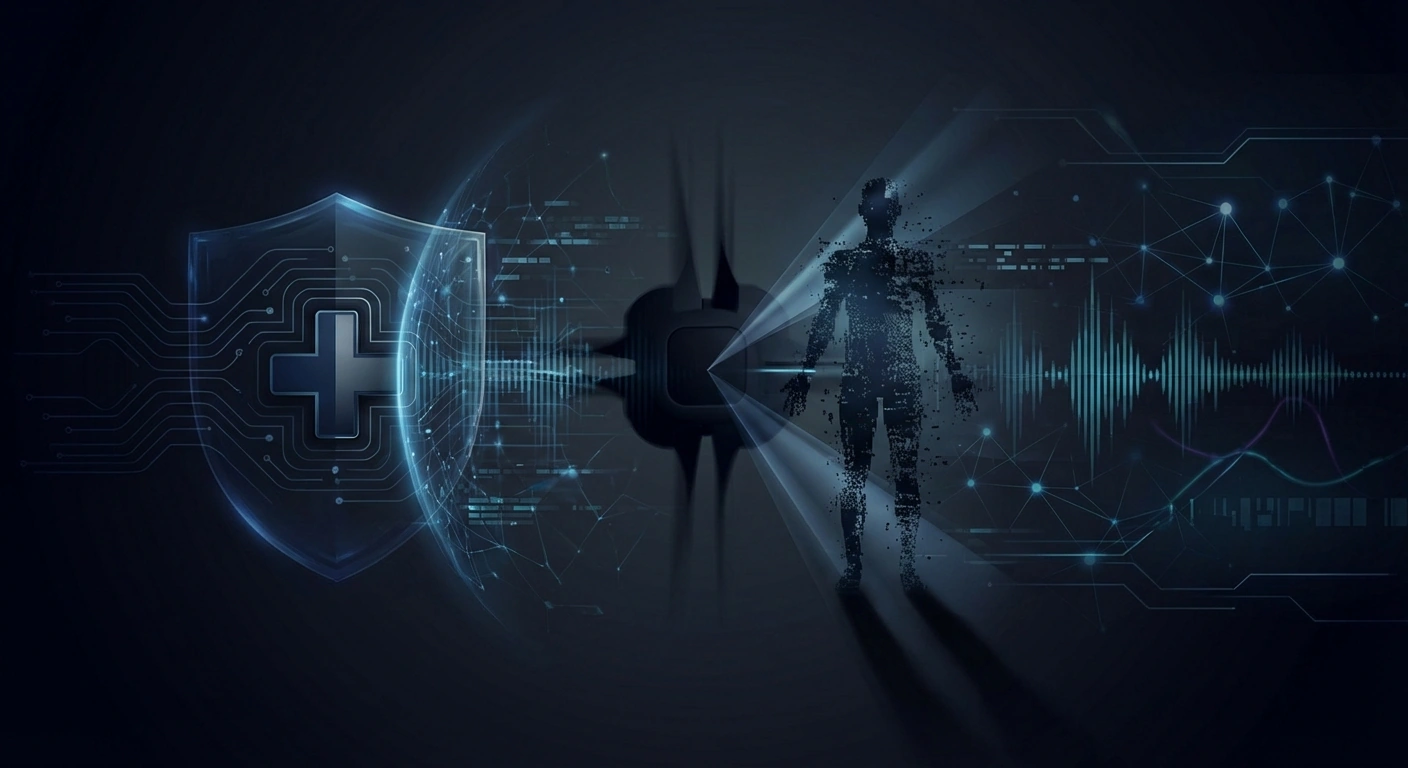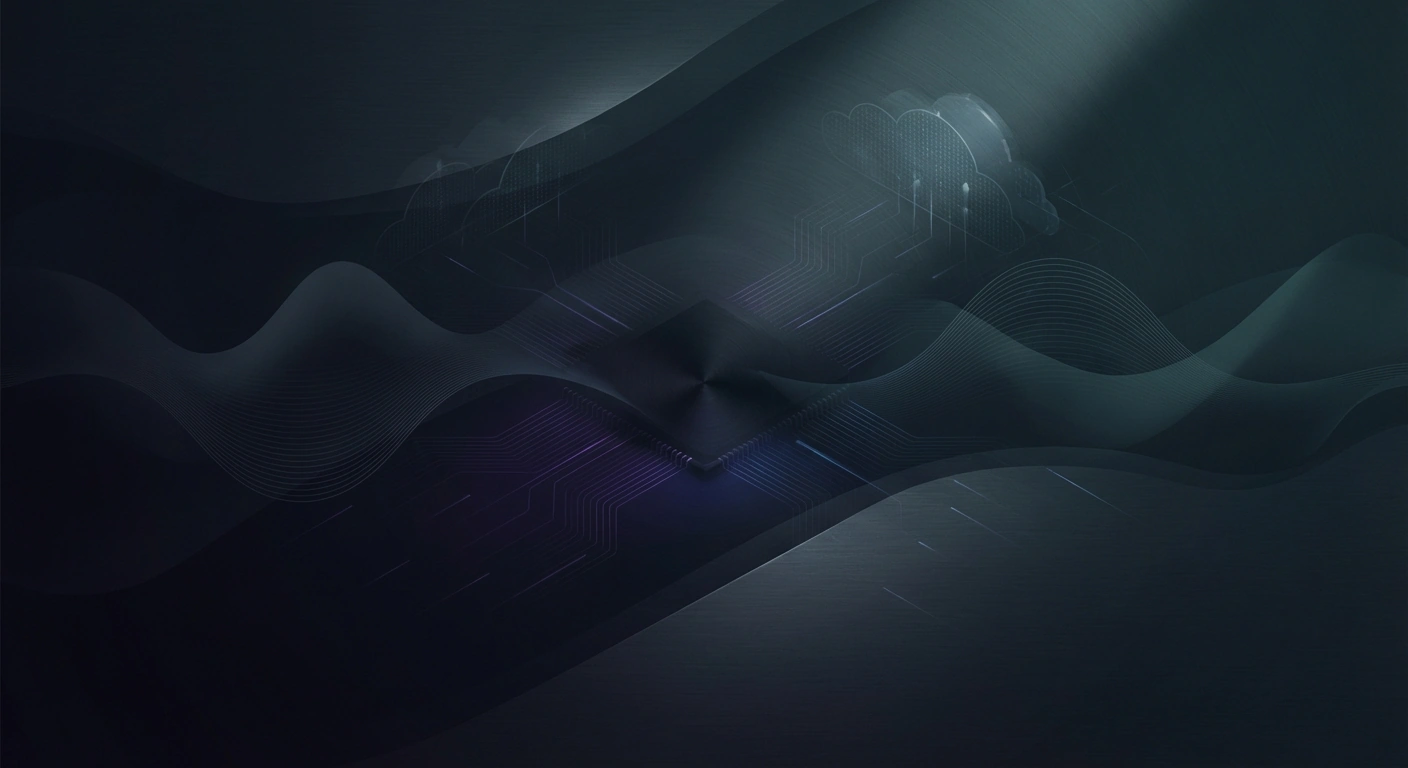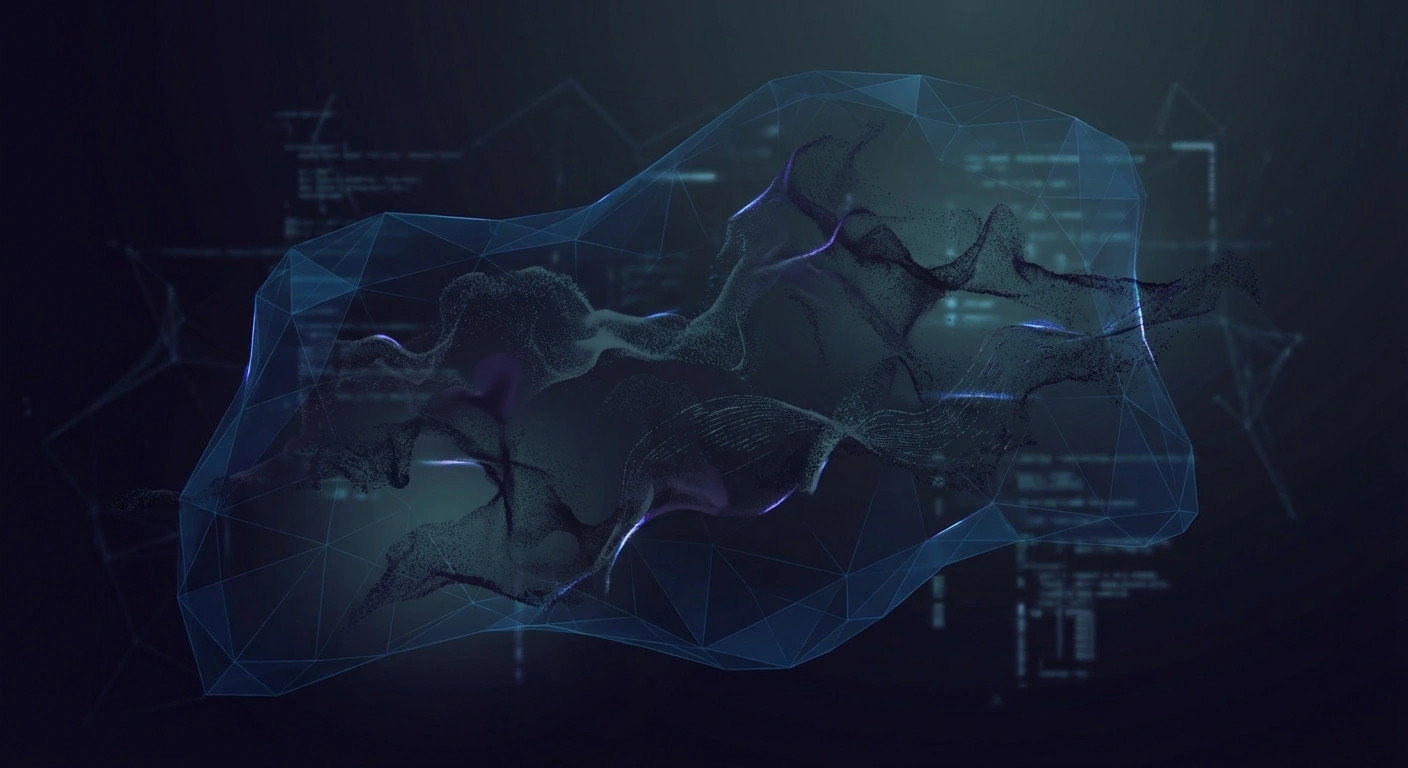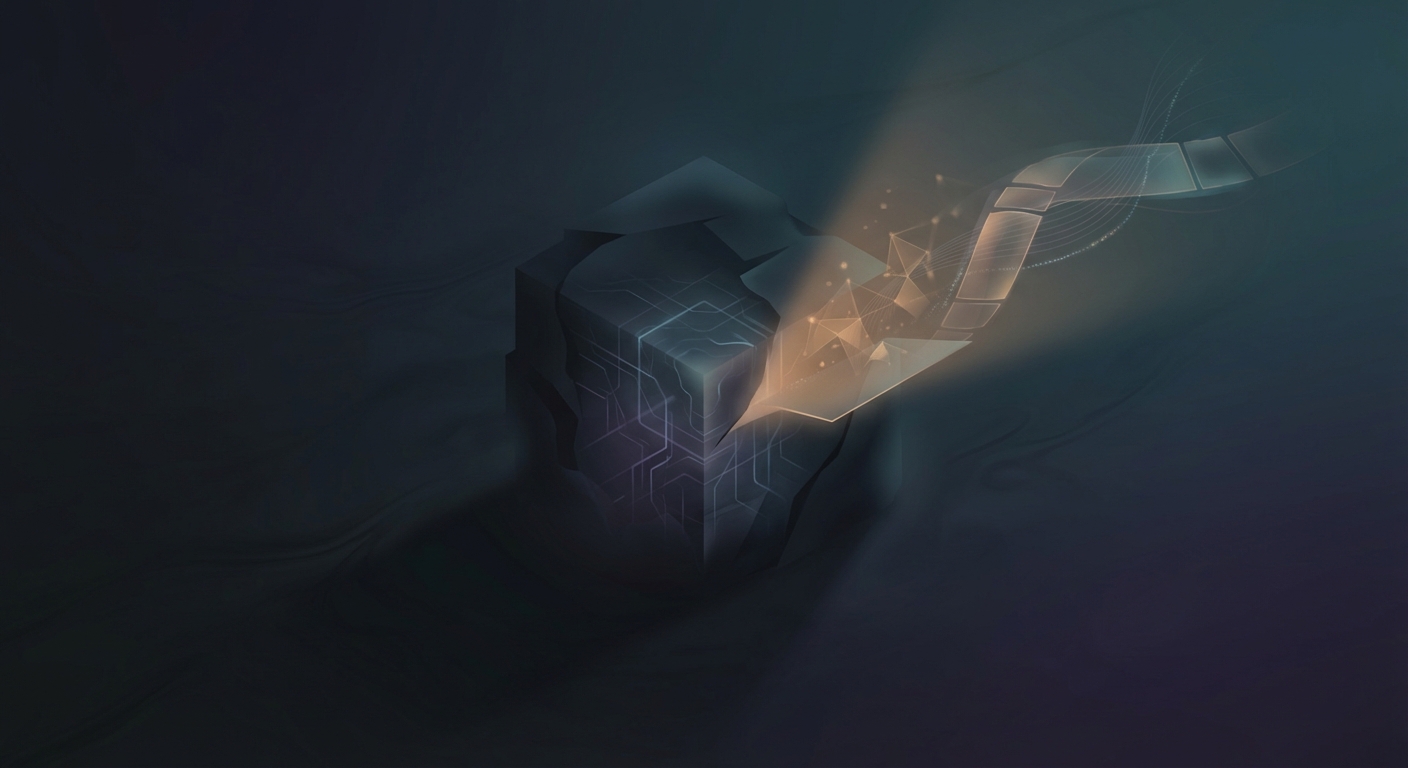Who Owns AI-Generated Content? The Copyright Debate
The explosion of AI-generated content raises critical questions about copyright ownership. From text to images to video, the legal framework struggles to keep pace with generative AI capabilities, leaving creators and companies in uncertainty.
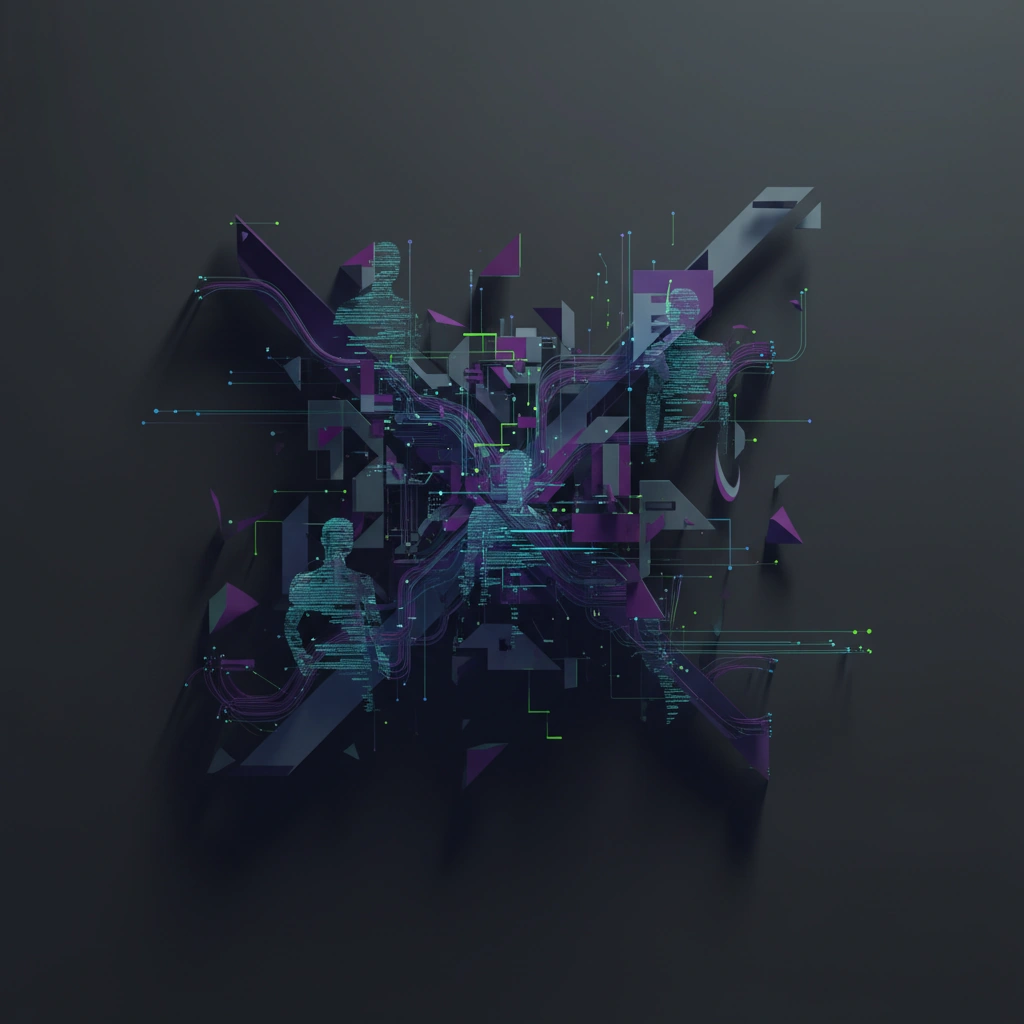
As generative AI systems produce increasingly sophisticated content—from synthetic videos to AI-generated images and text—a fundamental legal question looms: who actually owns this content? The answer remains surprisingly unclear, creating a complex landscape for creators, companies, and users of AI tools.
The Copyright Conundrum
Traditional copyright law was designed for human creators. In most jurisdictions, copyright protection requires human authorship—a principle that becomes problematic when AI systems generate content autonomously. When a user prompts an AI video generator to create a scene, or uses a text-to-image model to produce artwork, the legal ownership becomes ambiguous.
The core tension exists at multiple levels: the training data used to build AI models often includes copyrighted works, the models themselves represent significant intellectual property, and the outputs they generate may or may not qualify for copyright protection depending on the level of human creative input.
Training Data and Fair Use
AI models learn from vast datasets that typically include copyrighted material. Companies developing generative AI systems argue this constitutes fair use—transformative learning that doesn't reproduce specific works. Copyright holders counter that their work is being exploited without permission or compensation.
This dispute has particular relevance for synthetic media generation. AI video models trained on millions of video clips, deepfake systems trained on celebrity images, and voice cloning systems trained on audio recordings all face questions about whether their training process infringes on original creators' rights.
Current Legal Frameworks
The U.S. Copyright Office has taken a clear stance: works created entirely by AI without human creative input cannot be copyrighted. This means purely AI-generated content enters the public domain immediately, though the boundary of "human creative input" remains contested.
Different jurisdictions approach this differently. The EU's approach through its AI Act considers both the rights of training data creators and the outputs of AI systems. Meanwhile, countries like Japan have adopted more permissive stances on using copyrighted material for AI training.
The "Substantial Human Input" Test
Courts and copyright offices are developing tests for when AI-assisted content qualifies for protection. The key factor is typically the degree of human creative control. If a human makes numerous creative decisions—selecting prompts, curating outputs, making modifications—copyright protection may apply to the final work, though not necessarily to the purely AI-generated portions.
Implications for Synthetic Media
For AI video generation and deepfake technology, these questions become particularly acute. When a filmmaker uses AI tools to generate synthetic footage, who owns the result? The prompt writer? The AI company? No one? This uncertainty affects commercial use, distribution rights, and liability for misuse.
Content authentication systems and digital watermarking technologies are emerging partly in response to these ownership ambiguities. If AI-generated content cannot be copyrighted, attribution and provenance tracking become even more critical for creators seeking to protect their work and reputation.
Industry Responses
AI companies have adopted varying approaches to output ownership. Some platforms grant users full rights to generated content, while others retain certain usage rights or impose restrictions. Terms of service for major AI platforms often include clauses about content ownership, but these don't resolve the underlying copyright question—a company can grant you rights to something that may not be copyrightable in the first place.
The music and entertainment industries, particularly vulnerable to synthetic media technologies, are pushing for stronger protections. Organizations representing actors, writers, and musicians advocate for explicit consent requirements before likeness or work can be used in AI training, and for compensation mechanisms similar to traditional licensing.
Looking Forward
The legal framework for AI-generated content remains in flux. Several lawsuits are working through courts that will establish important precedents, particularly around fair use for training data and the copyrightability of outputs. Legislative efforts are underway globally to create clearer rules.
For creators working with AI tools, the current advice is to maximize human creative input, document creative decisions, and understand the terms of service for AI platforms. For those whose work may be used in training data, pursuing opt-out mechanisms and advocating for stronger protections remains important.
As generative AI capabilities expand—particularly in video synthesis and other forms of synthetic media—resolving these ownership questions becomes increasingly urgent. The decisions made now will shape how AI-generated content is created, distributed, and monetized for years to come.
Stay informed on AI video and digital authenticity. Follow Skrew AI News.
